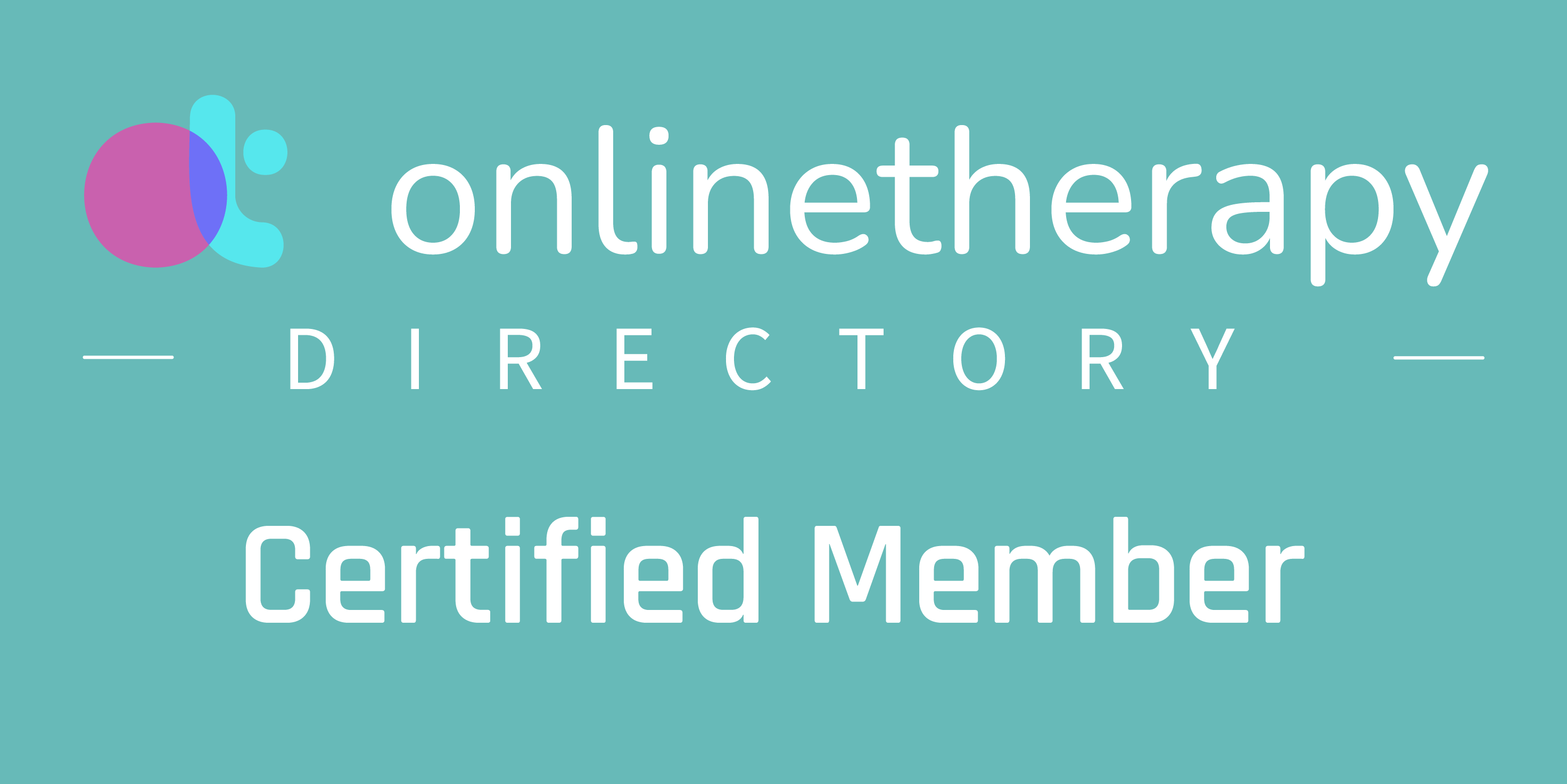Holistic Therapy ~ Nurturing Your Body, Emotion, Mind, and Spirit
Holistic therapy is an integrative approach to mental and emotional well-being that recognizes the interconnectedness of the body, emotion, mind, and spirit. This approach addresses challenges by examining and nurturing the entirety of a person's being. Unlike traditional therapeutic methods that may focus solely on symptom management, holistic therapy views individuals as intricate systems where physical, mental, emotional, and spiritual aspects are intimately connected.
The Core Principles of Holistic Therapy
The Wholeness Concept:
Holistic therapy embraces the idea that a person cannot be fully understood by examining one aspect alone. It recognizes that physical symptoms can be manifestations of underlying emotional or spiritual imbalances.
Mind-Body-Spirit Connection:
This approach acknowledges that mental health is influenced by physical health and spiritual well-being. It emphasizes the importance of nurturing each facet to achieve optimal psychological health. Many of us live in from the head up. Often due to past trauma it is scary to exist in the body.
Individualized Care:
Holistic therapists understand that every person is unique, and the therapy process should be tailored to meet the individual's specific needs, preferences, and circumstances. You are not defied by one aspect of your life experience. Instead, in this moment, you are a culmination of your life's entirety.
Prevention and Wellness:
Holistic therapy places great emphasis on prevention rather than just treatment. It encourages clients to develop self-awareness and self-care practices to maintain overall well-being. Life is a moment to moment balance.
Key Modalities in Holistic Therapy
Mindfulness and Meditation:
These practices help individuals become more aware of their thoughts, emotions, and physical sensations, fostering self-acceptance and emotional regulation.
Nutrition and Lifestyle:
Holistic therapists often incorporate discussions on diet, exercise, sleep, and stress management to support overall health.
Energy Work:
Techniques such as yoga, Reiki, acupuncture, and energy balancing aim to harmonize the body's energy systems and promote emotional and physical healing.
Art and Expressive Therapies:
We are all creative beings. Creative expression through art, music, or movement can be used to explore and process emotions that may be difficult to articulate verbally.
Spiritual Exploration:
Holistic therapy encourages clients to explore their spiritual beliefs and practices, helping them find meaning and purpose in their lives.
Benefits of Holistic Therapy
Holistic healing:
By addressing the root causes of mental and emotional distress, holistic therapy can promote profound healing and personal transformation.
Holistic well-being:
It empowers individuals to take an active role in their health and well-being, fostering a sense of empowerment and self-mastery.
Improved self-awareness:
Clients often gain deeper insight into themselves, their thought patterns, and their behaviors through holistic therapy. They are also able to be more aware of their environment, relationships, and other's needs.
Enhanced coping skills:
Holistic therapy equips individuals with a diverse toolkit of coping strategies that can be applied in various life situations. It is easy to grab a drink or zone out on TV but these only help temporarily and often have long therm consequences.
By recognizing the interconnectedness of these facets, holistic therapy empowers individuals to embark on a journey of self-discovery, healing, and personal growth. As a holistic psychotherapist, my goal is to guide clients toward balance and wholeness, helping them thrive in all aspects of their lives. If you're interested in exploring holistic therapy, consider reaching out to make an appointment today. I can support you on your path to well-being and transformation.


